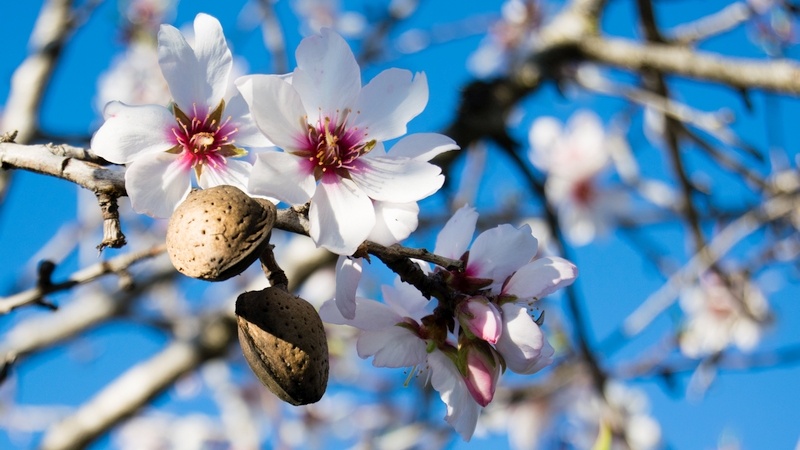Washington Fruit Growers May be Asked to Report Slavery
Alarmed Washington fruit growers have been sounding off to their representatives at the state capital in Olympia about a bill proposed by Seattle Senator Rebecca Saldaña that would require farmers to report any incidents of slavery, peonage, or human trafficking to retailers with more than $200,000 in global sales.
Senate Bill 5693 is called the “Washington transparency in agricultural supply chains act.” It states that in 2003, Washington became the first state to make human trafficking a crime, a law that has since been adopted by all states. SB 5693 would further that commitment by encouraging transparency in certain corporate supply chains.
Saldaña insists there is no “mal-intent” behind the bill, but growers and advocacy groups say it essentially accuses the industry of slavery, despite the heavy regulations and requirements they have with both domestic and foreign workers. The bill was supported by Democrats on the Senate Labor and Commerce Committee, but attacked by Republicans.
“This is an organized and concerted attempt by certain radical elements to demonize modern agriculture in Washington,” Republican Senator Doug Ericksen told Radio Station KGMI. “These people are trying to put our farmers out of work, and they are trying to use the government, and ridiculous claims like slavery to get it done.”
Washington State Tree Fruit Association President Jon DeVaney said he has been “hearing from a lot of growers who are justly upset and offended at the implied accusation of slavery or human trafficking.”
In addition, DeVaney says the statements by Saldaña and others defending the bill make no practical sense.
“The proponents of the bill cite reports of abusive labor practices in foreign countries that those governments have done too little to address. However, the bill itself requires retailers to maintain public lists of all agricultural suppliers who have had labor law violations of any kind,” he stated in an email. “What this would likely mean in practice is that where serious problems may exist, there will be no reportable findings.”
The ramifications are much worse in a state like Washington, which has regulations unheard of in many other countries, DeVaney continued.
“And in highly regulated environments with rigorous enforcement such as Washington, our producers may be overrepresented on this “name and shame” list on the basis of technical violations related to recordkeeping, etc. Such an approach could have the opposite outcome of that intended, favoring producers from sources with the least labor law enforcement.”
The original version of the bill covered all agricultural products. But curiously, a later version now contains the following language: “‘Agricultural product’” means cocoa, dairy, coffee, sugar, and fruit products. ‘Agricultural product’ does not mean wheat, potato, onions, asparagus, or other vegetable products.”
The bill’s sponsor has declined to explain the logic of the amendment excluding vegetables but leaving in dairy and fruit, says DeVaney.
“But there are other labor issues being debated by the same people at the same time (state H-2A processing fees) and dairy and fruit have been vocally opposed to those fees, so the two issues appear to be linked.”









